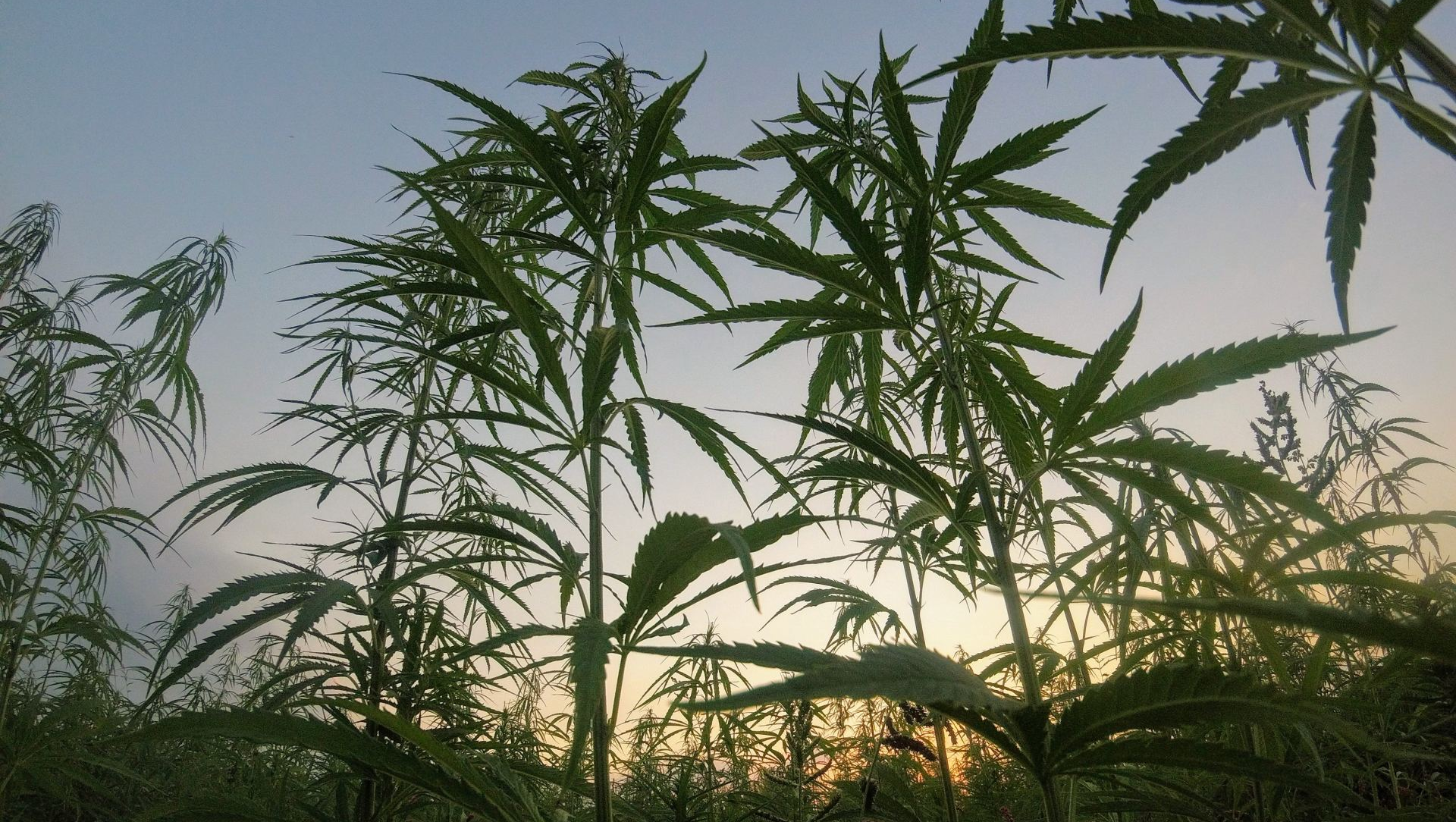
The Oregon Liquor Control Commission (OLCC) recently issued a notice of proposed rulemaking. According to the notice, revisions to current rules will enable industrial hemp to be sold and processed into the state’s licensed adult-use cannabis market and are necessary to implement changes made by House Bill 4089, which was passed into law last year.
The notice states that the OLCC anticipates several impacts to the state’s licensed cannabis market once the new rules are formulated and implemented. The notice acknowledges that the infusion of hemp and hemp-derived consumables into the regulated adult-use market, “could affect the price of usable marijuana.” The OLCC states that, “industrial hemp has much lower fees, oversight, and security requirements. Hemp growers and handlers may be able to price their products at a lower price point due to the lower costs of regulation. Furthermore, marijuana producers will compete for “shelf space” with industrial hemp products.”
Based on the OLCC’s notice, it appears that Oregon regulators anticipate that the incorporation of hemp and hemp-derived products into the state’s licensed cannabis market will exercise downward pressure on wholesale cannabis prices. This is certainly plausible.
However, one must also consider the possibility that those growing cannabis could switch to cultivating industrial hemp, a trend that has already begun and which we documented in several of our Premium Weekly Reports last year. Consequently, production of cannabis could shrink to some extent. Still, though, the significant surplus of “usable marijuana” that exists already in Oregon does not appear as if it will be exhausted by in-state demand any time soon.
While the OLCC appears to predict a negative effect on cannabis producers from the new rules, the notice of proposed rulemaking forecasts that other business types will be impacted positively. According to the OLCC, “processors will be able to purchase industrial hemp flower, concentrates, or extracts at a lower price point than marijuana items,” presumably improving their margins. The incorporation of Oregon’s industrial hemp production into the state’s licensed cannabis system should also provide an additional pool of potential clients to the state’s cannabis wholesalers. Finally, retailers will be able to stock and sell hemp-derived CBD products, which are already being sold by unlicensed entities.
A public hearing on the proposed rules was held on January 15th, with comments accepted through the close of business on January 29th.